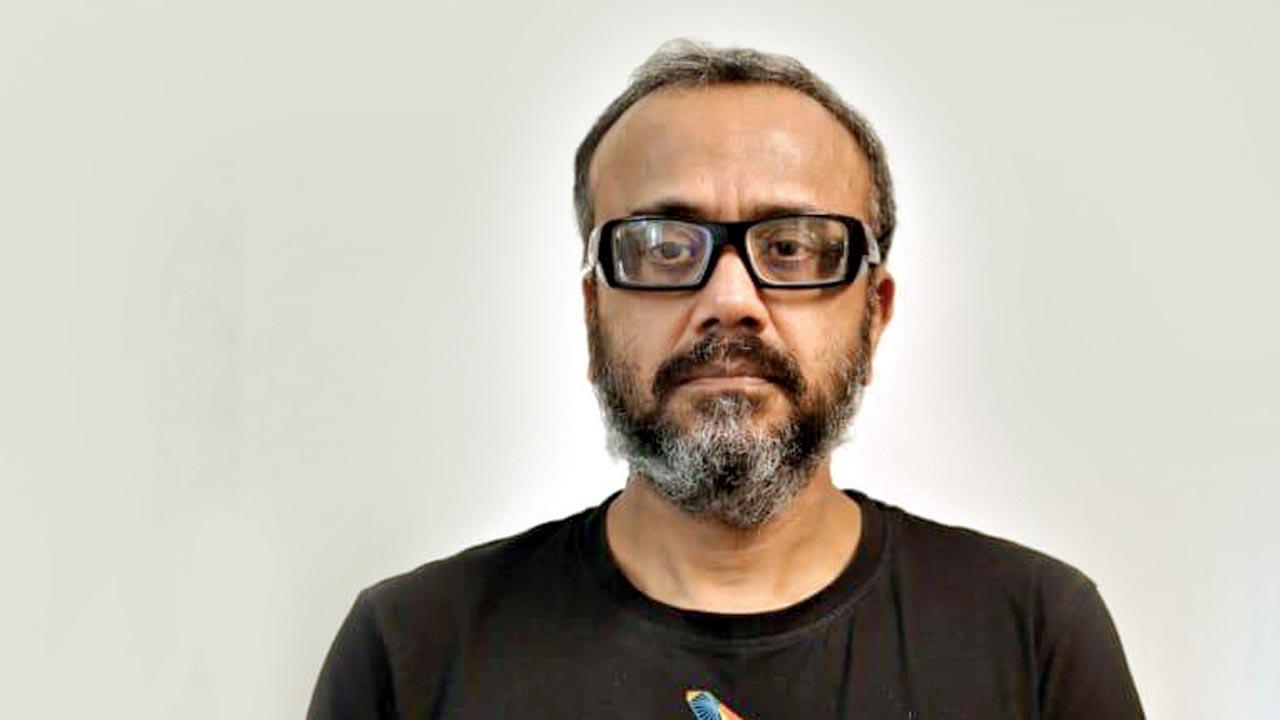I am like an auto driver; when you ask him if he will go to Andheri, he says no-Dibakar Banerjee
8:36 AM
Posted by Fenil Seta

LSD 2 director Dibakar as he talks about making his unflinching brand of cinema and why only a few producers will work with him
Priyanka Sharma (MID-DAY; April 20, 2024)
Fourteen years is a long time between a film and its sequel. But Dibakar Banerjee is certain that Love Sex Aur Dhokha 2 (LSD 2) required a decade of experiences and observations. When producer Ektaa R Kapoor called him in 2020 to propose the possibility of LSD 2, the director knew it was time.
“I thought that a decade has passed and everything has changed in this period. So, there is enough masala [to create] a spiritual offspring. If LSD 1 was about the camera serendipitously spying on you, LSD 2 is you living for a thousand cameras,” he says.
Spanning three stories, LSD 2 is a result of Banerjee’s observations of the invasion of social media in people’s lives. It shows how the internet is both a medium of freedom and enslavement. He elaborates, “The internet gives us a certain kind of independence. In the virtual world, we can be whoever we fantasize to be. But when we reinvent our identity and try to sell it, we are caught in it and that’s the exact opposite of freedom.”
Gender was another concept that the filmmaker wanted to examine. The film has transgender actor Bonita Rajpurohit in a lead role, a first for Bollywood. While the team is tom-tomming about it, the director sees it as neither a feat nor a risk.
“The way I see it, if there is a transgender character, a transgender actor has to play it. It’s only when we started promoting the film that we were told to say out loud that this is the first Bollywood film with a transgender actor in the lead. There is another story in the film, which also has a transgender character, but is played by a man because we were told that taking two transgender actors will be too much. So, we all make our compromises.”
Compromise isn’t a word you’d usually associate with Banerjee, and thankfully so. In his 15-year career, his voice remains distinct, political and often searing—be it Oye Lucky Lucky Oye (2009) or Shanghai (2012) or Ghost Stories (2020). His work has not fallen prey to commercial cinema’s trappings.
How has he managed that? “I keep myself cheap,” he laughs. He says by now, producers know that he won’t pander to their demands. “People have stopped asking me if I can make a certain kind of film. I am like an auto driver—when you ask him if he will go to Andheri, he says no. [He’ll go where he wants to go.] Similarly, my producers say, ‘Aapko kaunsi film banani hai, bata do. We’ll see if it’s feasible for us.’”
Does that mean he rejects most projects that come his way? “No, I am not some big blockbuster director, whom everybody is running after. There are only a few producers who want to make interesting projects and hence, look for me. For instance, Ektaa won’t tap me for The Dirty Picture 2. She is smart, and knows what kind of films I’ll do.”
Not toeing the industry’s line comes at a price, of course. It’s not lost on Banerjee. But it’s a price he is willing to pay. “What happens as a result is that I have one less bedroom in my house, or have a smaller car and less money in my bank account. But like a cockroach, I survive by still going ahead with the story that I want to tell.”
This entry was posted on October 4, 2009 at 12:14 pm, and is filed under
Dibakar Banerjee,
Dibakar Banerjee interview,
Ekta Kapoor,
Interviews,
Love Sex Aur Dhokha,
Love Sex Aur Dhokha 2
. Follow any responses to this post through RSS. You can leave a response, or trackback from your own site.
Subscribe to:
Post Comments (Atom)
Post a Comment